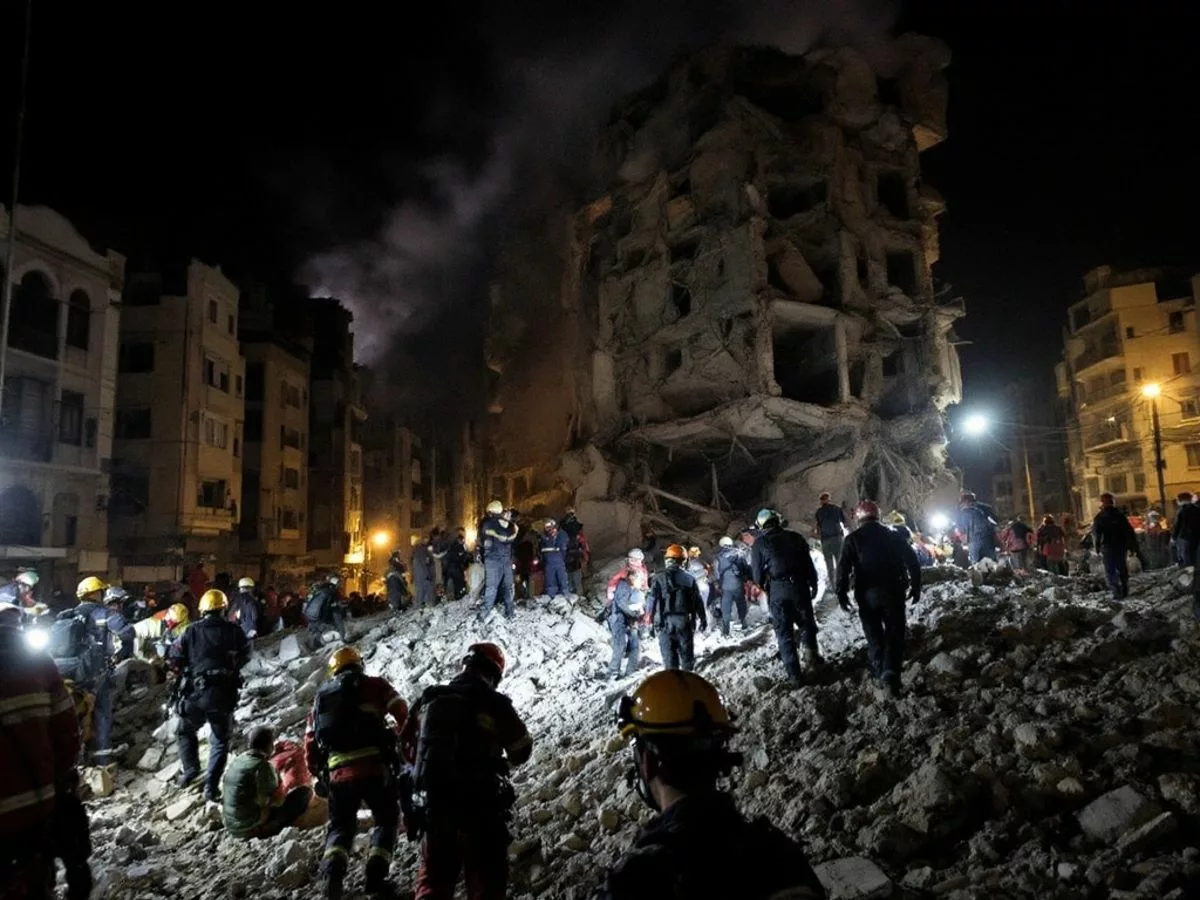
An Israeli airstrike in Beirut’s southern suburbs has tragically struck rescue workers linked to Hezbollah, resulting in injuries and further escalating the ongoing conflict in Lebanon. The World Health Organization reported that at least 28 on-duty medics have lost their lives in the past 24 hours amid the intensifying violence.
Key Takeaways
- Israeli airstrike targets Hezbollah-linked rescue workers in Beirut.
- At least 28 medics killed in the last 24 hours, according to WHO.
- Many health workers are fleeing their posts due to ongoing bombardments.
Context of the Conflict
The recent airstrikes are part of a broader military engagement between Israel and Hezbollah, which has seen a significant increase in hostilities. The situation has led to widespread fear and uncertainty among the civilian population, particularly among healthcare professionals who are essential for managing the crisis.
Impact on Healthcare Services
The Director-General of the World Health Organization, Tedros Adhanom Ghebreyesus, expressed grave concerns regarding the safety of health workers in Lebanon. He stated:
- "Many health workers are not reporting to duty and fled the areas where they work due to bombardments."
- This exodus of medical personnel is severely limiting the provision of mass trauma management and continuity of health services.
Casualties and Damage
The airstrike not only injured three rescue workers but also contributed to a growing list of casualties among medical staff. The WHO’s report highlights the following:
- Total Medics Killed: 28 in the last 24 hours.
- Injured Rescue Workers: 3 reported injuries from the latest strike.
- Healthcare Access: Significant reduction in healthcare services due to fear and ongoing violence.
International Response
The international community has been closely monitoring the situation, with calls for stronger protections for health workers in conflict zones. The WHO’s appeal for action underscores the urgent need for measures to safeguard those providing critical medical services during times of war.
Conclusion
As the conflict escalates, the humanitarian crisis in Lebanon deepens, with healthcare workers bearing the brunt of the violence. The targeting of medics not only raises ethical concerns but also poses a significant threat to the health and safety of the civilian population. Immediate action is required to protect those who risk their lives to save others in these dire circumstances.






